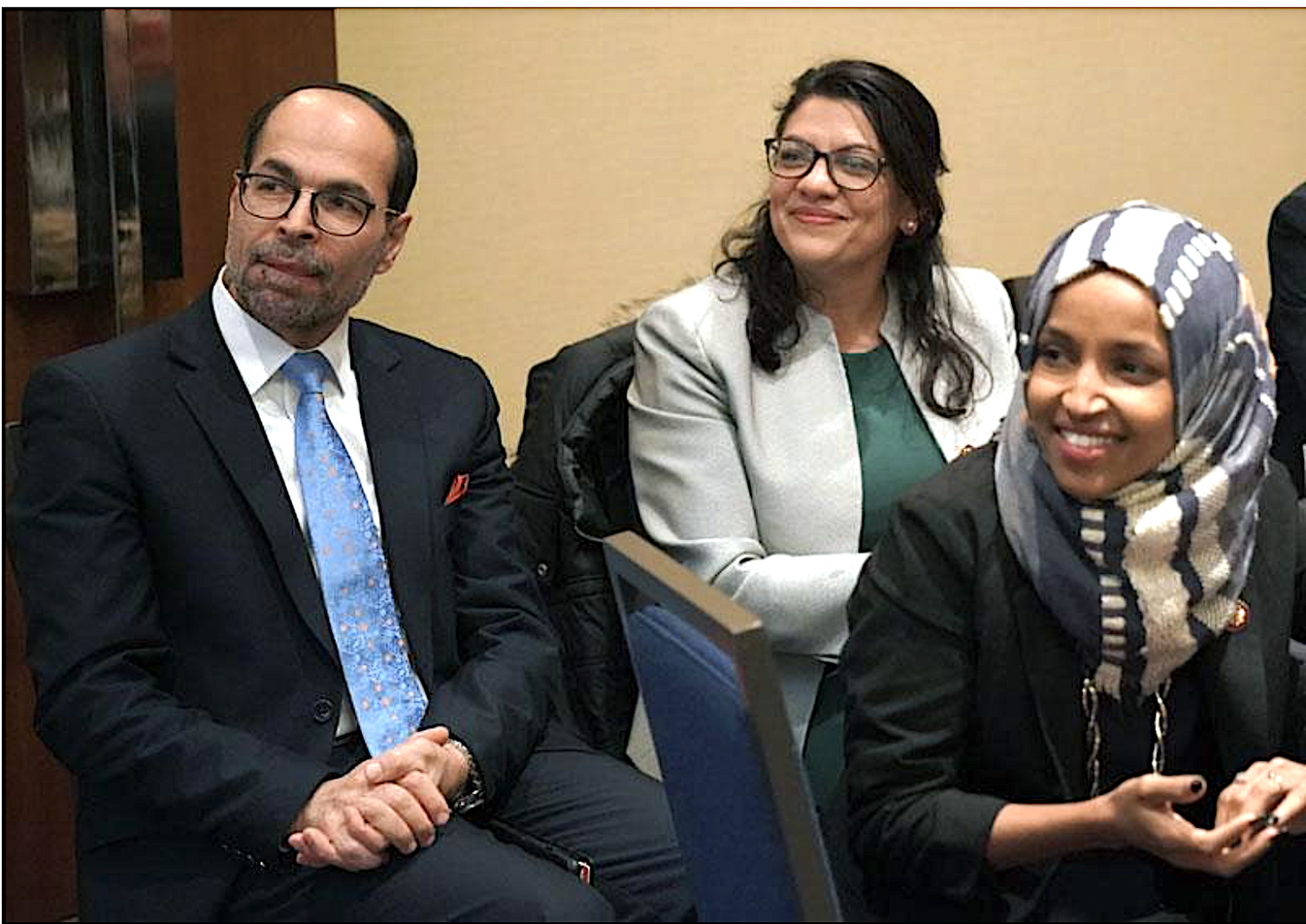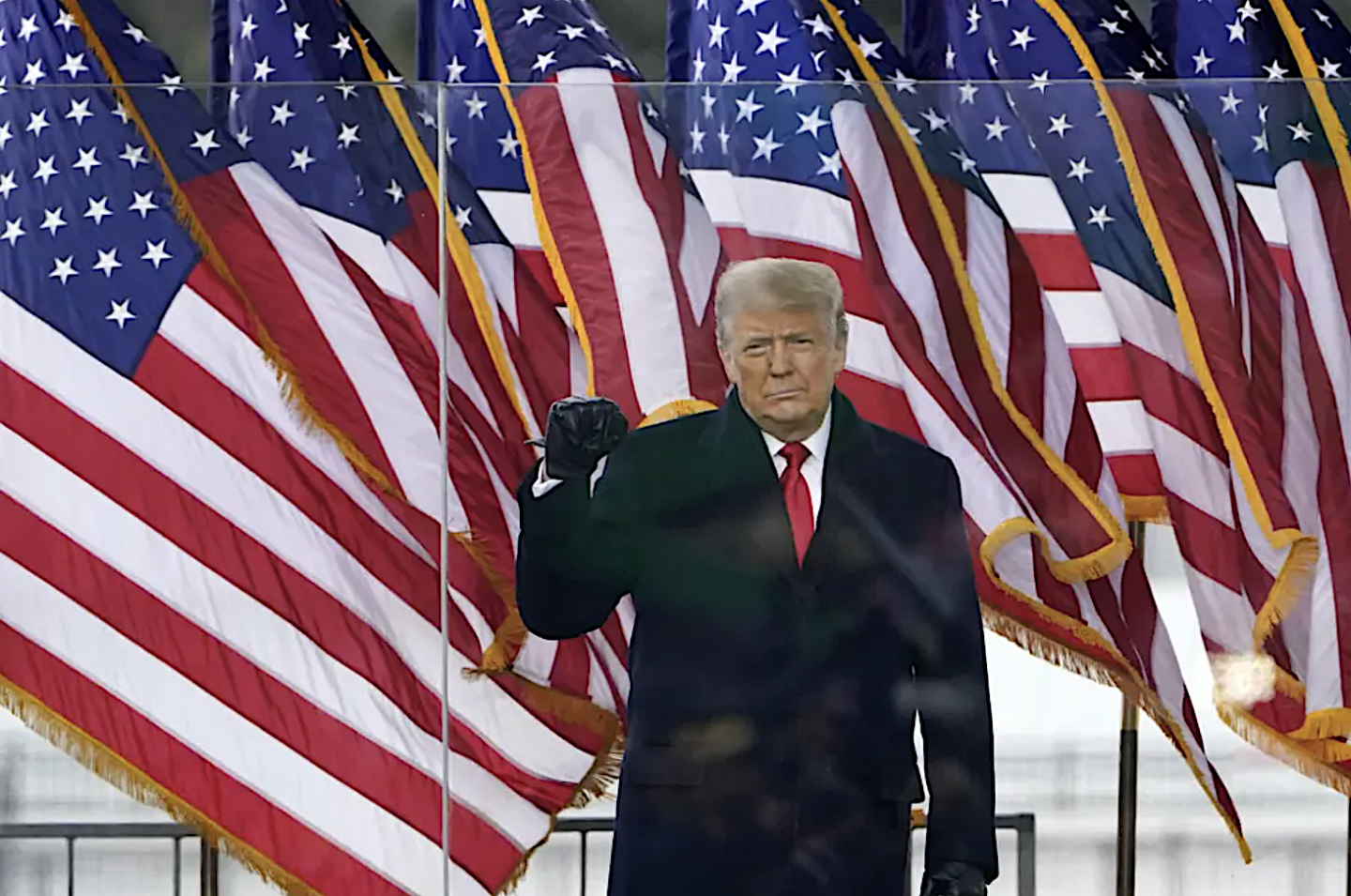The following is a condensed version of “Spinning Through Time” by Asheesh Agarwal, published at Law & Liberty. What would it feel like to live in Middle Earth? In its adaptation of Robert Jordan’s classic series, Amazon Prime immerses viewers in the world of Wheel of Time (WoT) as well as any production in recent… Continue reading Spinning Through Time | RealClearBooks
Category: Intel
The Parties Have Irreconcilably Different Visions for America
“It’s so nice to have Representative Jones, who’s a Republican, and Representative Smith, a Democrat, with us today. Even though they belong to different parties, we know that we all want the same thing for our community, and our nation.” As the former CEO of the Chester County Chamber, I presided at countless events where… Continue reading The Parties Have Irreconcilably Different Visions for America
NewsGuard: Surrogate the Feds Pay to Keep Watch on the Internet and Be a Judge of the Truth
In May 2021, L. Gordon Crovitz, a media executive turned start-up investor, pitched Twitter executives on a powerful censorship tool. A self-described “vaccine against misinformation.” NewsGuard Technologies In an exchange that came to light in the “Twitter Files” revelations about media censorship, Crovitz, former publisher of the Wall Street Journal, touted his product, NewsGuard, as… Continue reading NewsGuard: Surrogate the Feds Pay to Keep Watch on the Internet and Be a Judge of the Truth
What It Feels Like to Survive an IED Blast
The following is an excerpt from River City One: A Novel (Knox Press; November 7, 2023). I’m laughing now because I can still see him. He’s got his helmet on, the chinstrap dangling and tobacco spit coming off his lip. I tell you the right side of his face was blown up like a puffer… Continue reading What It Feels Like to Survive an IED Blast
Hamas Ally CAIR Has Been Operating With Impunity Inside America for 30 Years
Above, Nihad Awad of CAIR is featured with pro-Palestinian Reps. Rashida Tlaib and Ilhan Omar in 2019 in a magazine opposed to Israeli “aggression and oppression.” The FBI has been investigating CAIR for decades — with no charges filed. By Paul Sperry, RealClearInvestigationsNovember 8, 2023 After Hamas massacred 1,400 men, women and children in Israel… Continue reading Hamas Ally CAIR Has Been Operating With Impunity Inside America for 30 Years
Documents Shed New Light on Feds’ Collusion with Private Actors to Police Speech on Social Media
Above left, from the cover of the Election Integrity Partnership’s 2020 election report. It’s not the full story: Previously undisclosed Stanford documents now show in detail how the federal-private alliance flagged social media posts for censorship. By Ben Weingarten, RealClearInvestigationsNovember 6, 2023 In the runup to the 2020 election, cybersecurity experts at the Department of… Continue reading Documents Shed New Light on Feds’ Collusion with Private Actors to Police Speech on Social Media
Untested Legal Imagination’s the Mother of Trump and Jan. 6 Prosecutions
Above, President Trump speaks to supporters from the Ellipse, near the White House, on Jan. 6, 2021, ahead of that day’s mayhem. He never set foot on the Capitol grounds. By Julie Kelly, RealClearInvestigationsNovember 1, 2023 Donald Trump doesn’t know Thomas Robertson. But the former president’s fate appears inextricably tied to that of the former… Continue reading Untested Legal Imagination’s the Mother of Trump and Jan. 6 Prosecutions
More Terror Suspects Reaching the U.S.: Here Are the Known Unknowns of the Biden Border Crisis
Above, migrants heading for the U.S. border on Monday from Tapachula, Mexico. How many could be terrorists? Experts think it’s a virtual certainty that more are coming. By James Varney, RealClearInvestigationsOctober 31, 2023 Hundreds of people on the FBI’s terrorist watchlist have almost certainly slipped into the United States amid millions of other illegal immigrants… Continue reading More Terror Suspects Reaching the U.S.: Here Are the Known Unknowns of the Biden Border Crisis
Civility and Political Freedom | RealClearBooks
In my book, The Soul of Civility: Timeless Principles to Heal Society and Ourselves, I show why civility—basic respect for others—is essential to a free society. Here’s a story that exemplifies why. In the early 2000s, Mayor Michael Bloomberg launched a campaign against rudeness in New York City. Subway riders and showgoers could be fined fifty dollars… Continue reading Civility and Political Freedom | RealClearBooks
Mega-Jolt: The Costs and Logistics of Plugging In EVs Are About to Become Supercharged
By John Murawski, RealClearInvestigationsOctober 24, 2023 U.S. Energy Secretary Jennifer Granholm gave Americans an unintended glimpse of the future during her road trip this summer touting the wonders of electric vehicles. Far from spotlighting the promise of EVs, her public relations misadventure in Georgia involved one of her staff in a gasoline-powered vehicle blocking off… Continue reading Mega-Jolt: The Costs and Logistics of Plugging In EVs Are About to Become Supercharged









